- Category
- War in Ukraine
Germany Greenlights A New Suicide Drone ‘MAUS’ For Ukraine
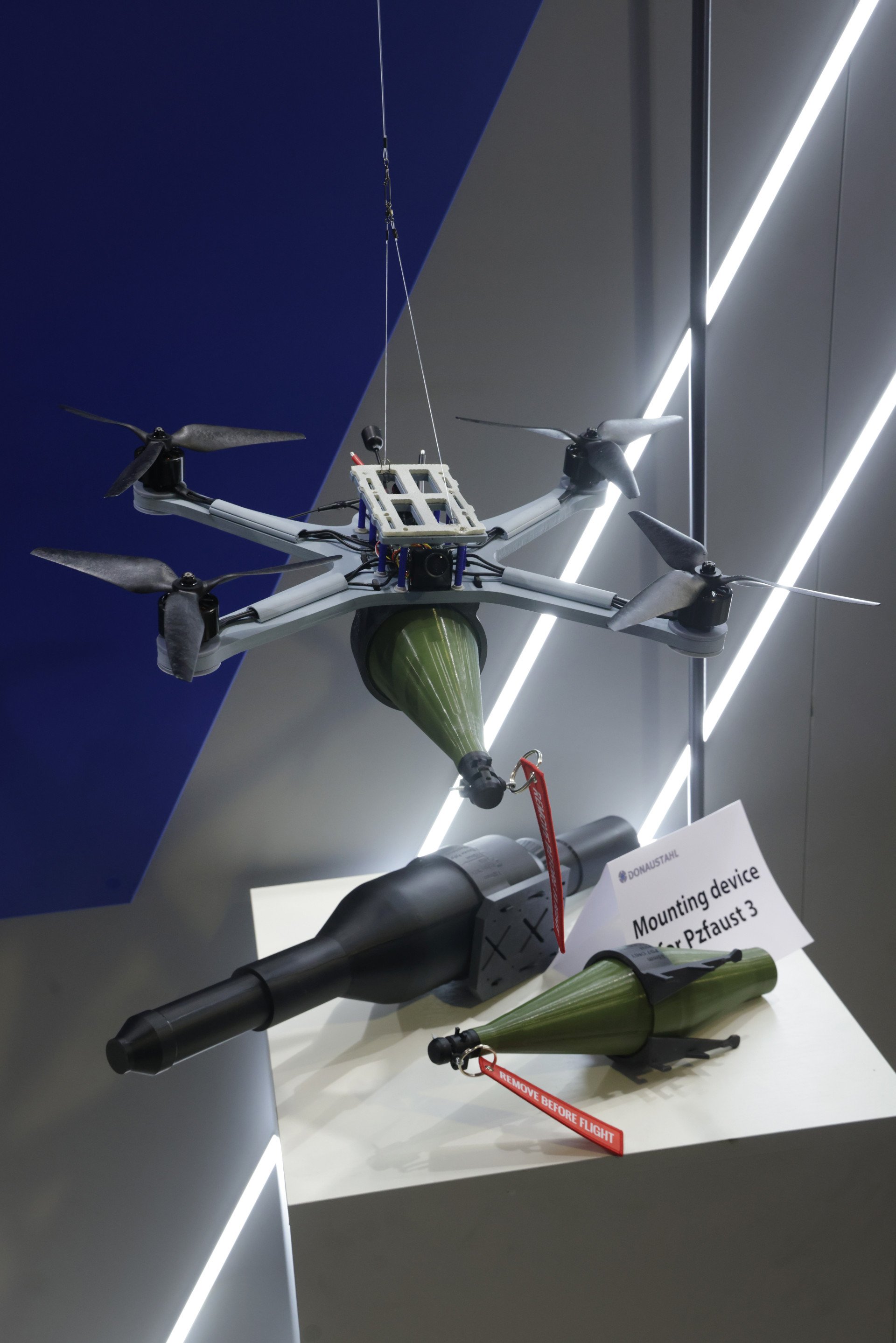
A new “loitering munition” called ‘MAUS’ has been approved for Ukraine’s frontlines. It is manufactured and exported by the German arms company Donaustahl. ‘Maus’ in German means ‘mouse,’ and although mice are quiet and timid, the new system is expected to create some noise to fight Russian aggression. What is ‘MAUS’, and what can it do?
“The Federal Ministry of Economics has granted Donaustahl GmbH - under strict conditions - the license to manufacture and export the Adaptive Loitering Munition Platform (ALMP) ‘MAUS’ as well as the quick-release and ignition systems for PG7 (S) warheads for Ukraine,” Donaustahl announced on X.
‘MAUS’ is a "fully modular, economical, reliable, and easy-to-operate platform" and was first presented at the ILA air show held earlier this month in Berlin.
The first unit to receive the ‘MAUS’ is the SOF Kraken Unit, one of Ukraine’s best-known volunteer groups fighting on Ukraine’s frontlines.
The ‘MAUS’ platform is a quadcopter designed to carry out both reconnaissance and strike missions. It can be used as an FPV kamikaze drone with various warheads such as the RPG-7.
According to Deaidua, It has an effective combat range of 5 to 7 km, a vertical ascent rate of up to 18 to 22 m/s, a maximum speed of 140 km/h and can be equipped with a wide range of payloads weighing a maximum of 2.7 kg. Weapons can be attached to the drone to engage the target and replaced within a maximum of 30 seconds with its one-click system.
Unlike commercially available drones, it’s not made from carbon, but from specially processed wood. This makes the ‘MAUS’ around 10% heavier than other first person view (FPV) drones, but around 75% cheaper. In addition, as wood is a natural resource, it makes it easier to re-produce.
Donaustahl is also developing and testing a new AI recognition software named ‘Vulture’ with autonomous control and automatic target detection recognising people, vehicles and equipment.
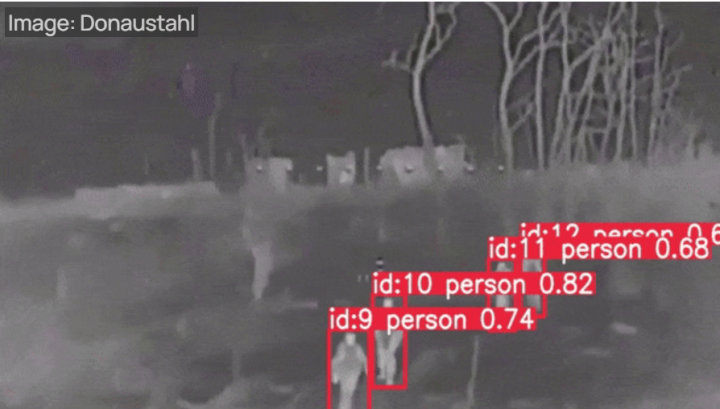
What Drone Support Does Ukraine Have Already?
A key tool for the frontlines are ‘loitering munitions’ also known as one-way attack first person view (FPV) suicide drones. They ‘loiter’ around a specific area until their target is located, which they then striking and explode. They’re cheap to produce and can be operated from a safe distance, minimizing the risk to military personnel.
At the end of 2023, Ukraine began “ramping up the production of one-way attack suicide drones to compensate for the lack of artillery shells at the front,” the country’s Deputy Defense Minister General Ivan Havryliuk told the BBC.
Ukraine has been bolstering their arsenal of drones and munitions through various projects and initiatives. Brave1 has been created by Ukraine’s Government as a united coordinational platform for Defence Tech to facilitate collaboration projects. One of their focuses among many others, are UAVs (unmanned aerial vehicles) and drones.
The Drone Coallition is a U.K and Latvia co-led 15-nation initiative focusing on supplying Ukraine with drones and their components, with a drone testing range in Latvia to continuously improve drone technology. The Drone Coalition is planning to deliver 1 million FPV drones to Ukraine. So far, the Netherlands, the UK, Latvia, New Zealand, and Sweden have pledged in total over €45M with additional contributions anticipated.
Germany has provided 537 reconnaissance drones to Ukraine, mostly VECTOR and RQ-35 HEIDRUN models. In June 2024, Boris Pistorious, Germany’s Federal Minister of Defence announced that he plans on sending “several thousand strike drones” to Ukraine. Although which specific type of strike drones will be received in this package has not been specified. But the ‘MAUS’ could be part of it.
Who Is Donaustahl?
Donaustahl is a start-up company and has recently joined forces with Rheinmetall’s former head of research, Martin Weiss. Rheinmetall have signed strategic cooperation agreements with Ukraine and have been an important defense industry partner. They have supplied Ukraine with tank ammunition, air-defense systems, mortar shells and more. Weiss said that Donaustahl has a high level of innovation.
Its reported that Donaustahl have already sent Ukraine 3D printed long-range aircraft carriers known as the Titan Falcon FPV drone, in 2023. It’s also been reported that they supplied the 117th Separate Mechanised Brigade with specially produced ampoule carriers used to transport medicine by combat medics. It’s likely that we will see further armament supplies to Ukraine from them in the future.
MAUS is already being tested in Ukraine, its official roll out date is yet to be determined. Production and transport are subject to approval by the Ministry said Donaustahl.
-46f6afa2f66d31ff3df8ea1a8f5524ec.jpg)
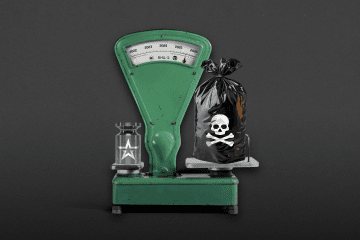
-29a1a43aba23f9bb779a1ac8b98d2121.jpeg)
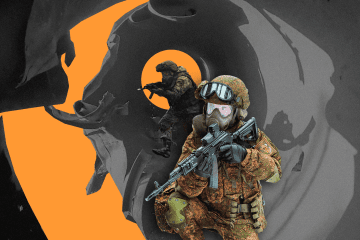
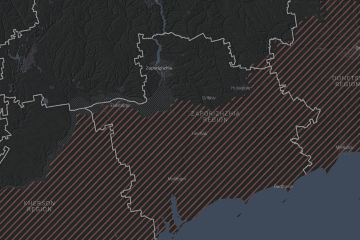
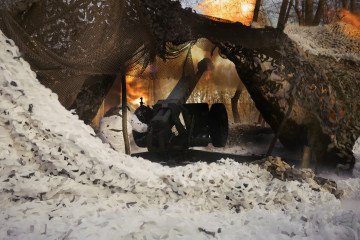
-0666d38c3abb51dc66be9ab82b971e20.jpg)